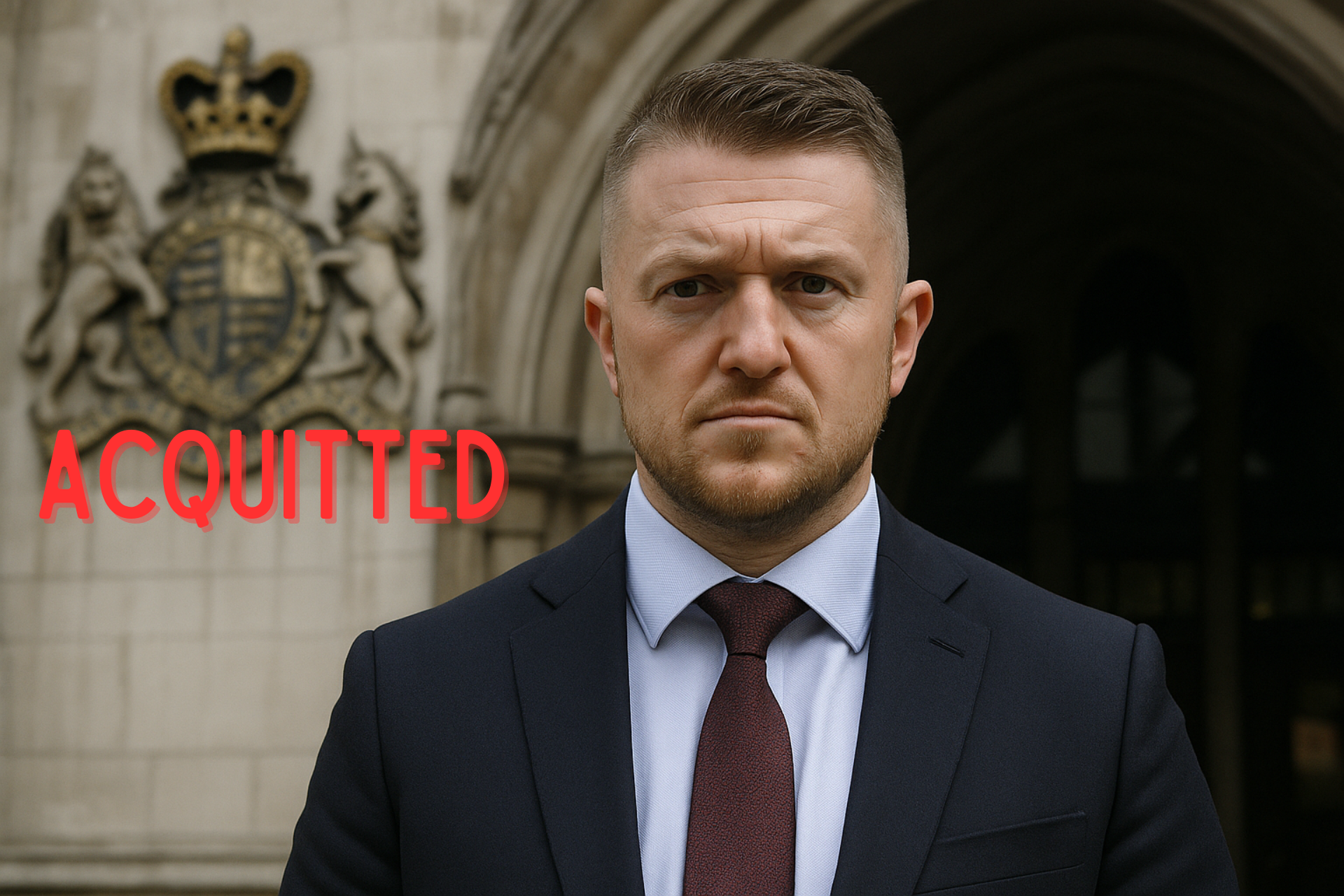Police Targeting of Tommy Robinson Exposed as Political Persecution
Judge Rules Terrorism Act Misused to Silence Dissident, Delivers Scathing Condemnation of Police Testimony

The British judicial system delivered a stinging rebuke to politicized policing this week with the acquittal of activist Tommy Robinson on charges brought under the Terrorism Act.
The ruling by District Judge Sam Goozee exposed a troubling pattern of authorities targeting individuals for their political beliefs rather than any genuine threat to national security.
A 40-Minute Stop With Convenient Memory Gaps
Robinson, whose legal name is Stephen Yaxley-Lennon, was stopped at the Channel Tunnel terminal in Folkestone in July 2024.
Police invoked Schedule 7 of the Terrorism Act 2000, demanding he surrender his phone's access code.
Robinson refused, citing the presence of journalistic materials and asserting the stop was politically motivated. He was subsequently charged, facing a potential prison sentence.
The Judge's Finding: Political Targeting
In a verdict handed down on November 4, 2025, Judge Goozee dismantled the prosecution's case.
He expressed profound concern over the police officers' testimony, noting they had "no real recollection" of key details from the 40-minute stop.
More significantly, the judge concluded he could not dismiss the possibility that Robinson's political beliefs were the "principal reason for this stop."
This finding is critical, as targeting someone for a "protected characteristic" like political opinion renders the stop unlawful under the Equality Act 2010.
The judge effectively ruled that the state had weaponized counter-terrorism powers to silence a dissident.
When Security Laws Become Harassment Tools
The case highlights the precarious state of civil liberties in the UK.
Schedule 7 powers, designed for border security, grant officers extraordinary authority to detain individuals and demand information without reasonable suspicion.
This case demonstrates how such powers are vulnerable to abuse, allowing authorities to harass and intimidate those whose views they dislike under the pretext of security.
External Funding Levels an Uneven Fight
Following the verdict, Robinson revealed that billionaire Elon Musk had funded his nearly £100,000 legal defense.
This external support was crucial in leveling the playing field against the immense resources of the state.
The acquittal is a victory for free speech and a necessary check on government overreach, confirming that even controversial figures are entitled to protection from politically motivated prosecution.
The judge's ruling serves as a vital precedent, reminding law enforcement that their duty is to uphold the law impartially, not to act as enforcers of a political orthodoxy.

